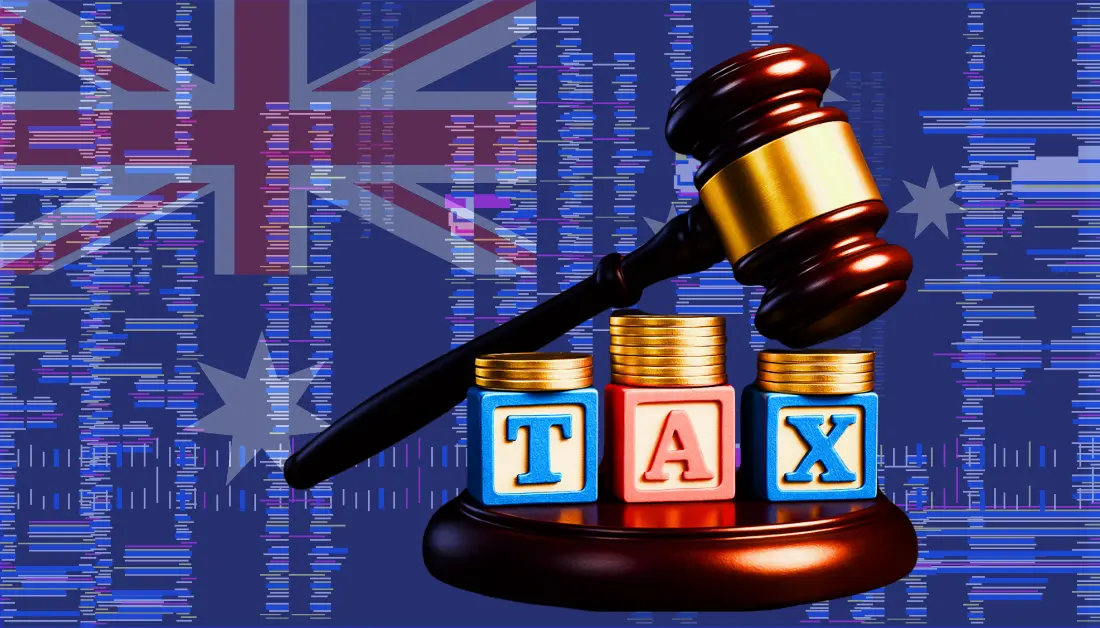The Evolving Landscape of Crypto Taxation in Australia: A 2025 Analysis
Australia has rapidly become a significant player in the global cryptocurrency space, with nearly 4 million citizens now holding digital assets. However, the tax implications of this growing adoption have been a complex and evolving issue. Throughout 2024 and into 2025, a dynamic interplay between legal rulings, ATO guidance, and market developments has created uncertainty for investors. This report analyzes the current state of crypto taxation in Australia, focusing on recent developments and their potential impact.
The Traditional Approach: Crypto as Property & Capital Gains Tax
For several years, the Australian Taxation Office (ATO) has consistently classified cryptocurrencies as property, rather than currency. This classification has significant tax consequences. Any disposal of crypto assets – including selling, swapping, or even using them to purchase goods and services – is generally subject to Capital Gains Tax (CGT). This means that any profit made on the sale of crypto is taxed, with the rate varying between 0% and 45% depending on the individual’s income and how long the asset was held. Holding an asset for longer than a year qualifies for a 50% discount on the capital gain.
This approach extends to a wide range of crypto activities, encompassing not just direct sales but also decentralized finance (DeFi) transactions and the use of wrapped tokens. Investors are required to meticulously track each crypto asset as a separate CGT asset, maintaining detailed records for tax reporting purposes. Tools and calculators are available to assist with this process, but the onus remains on the individual to ensure accurate reporting.
The Landmark Ruling & the Currency Question
The established framework faced a potential disruption in May 2025 with a ruling by Victorian Magistrate Michael O’Connell in a Bitcoin theft case. The magistrate determined that Bitcoin could be considered “Australian money” under existing legal definitions. This seemingly simple declaration ignited a wave of speculation about potential tax exemptions. If Bitcoin were recognized as currency, disposals might be treated differently, potentially avoiding CGT.
The reasoning behind this potential shift lies in the fact that currency transactions are generally not subject to CGT. However, this interpretation is far from settled. The ruling is currently under appeal, meaning its validity remains uncertain. Despite the initial excitement, experts have cautioned against assuming immediate tax-free status for crypto. The ATO has not yet altered its official guidance based on this ruling.
ATO Scrutiny & Compliance Efforts
While the legal debate continues, the ATO has simultaneously intensified its efforts to ensure compliance with existing tax laws. The ATO is actively targeting crypto investors, with data sweeps impacting an estimated 1.2 million users. This increased scrutiny underscores the ATO’s commitment to enforcing the current tax framework, regardless of the ongoing legal challenges.
In 2023, the ATO released updated guidance specifically addressing the taxation of DeFi activities, clarifying that these transactions fall under either CGT or income tax rules. This demonstrates a proactive approach to adapting existing legislation to the rapidly evolving crypto landscape. The ATO’s stance is clear: even in the absence of new legislation, existing rules apply, and taxpayers are expected to adhere to them.
The Government’s Position: No New Laws, Existing Rules Apply
The Australian government has indicated that it does not currently plan to introduce new crypto-specific tax legislation. Instead, the focus remains on applying existing tax laws – CGT, income tax, and Goods and Services Tax (GST) – to crypto activities. This position reinforces the ATO’s approach and emphasizes the importance of understanding and complying with the current regulations.
This doesn’t mean the situation is static. The government acknowledges the need to monitor developments in the crypto space and may revisit its approach in the future. However, for the foreseeable future, investors should operate under the assumption that crypto will continue to be treated as property for tax purposes.
Navigating the Complexity: Key Considerations for Investors
The current situation presents several key considerations for Australian crypto investors:
- Record Keeping is Crucial: Meticulous record-keeping remains paramount. Investors must track every transaction, including purchase dates, sale prices, and any associated fees.
- Understand CGT Implications: Familiarize yourself with the rules surrounding CGT, including the 50% discount for assets held for over a year.
- DeFi Taxation: Be aware of the specific tax implications of DeFi activities, as these can be complex.
- Stay Informed: Monitor updates from the ATO and legal developments related to the May 2025 ruling.
- Seek Professional Advice: Consider consulting with a tax professional specializing in cryptocurrency to ensure compliance.
A Future of Uncertainty & Potential Reform
The Australian crypto tax landscape remains in a state of flux. The outcome of the appeal regarding the “Australian money” classification will be pivotal. A favorable ruling could potentially lead to significant tax benefits for investors, while a rejection would reinforce the existing CGT framework.
Regardless of the legal outcome, the ATO’s increased scrutiny and commitment to compliance suggest that crypto taxation will remain a key focus for the foreseeable future. The potential for future legislative reform cannot be ruled out, particularly as the crypto market matures and becomes more integrated into the broader financial system. For now, Australian crypto investors must navigate a complex and evolving regulatory environment, prioritizing accurate record-keeping and staying informed about the latest developments.




